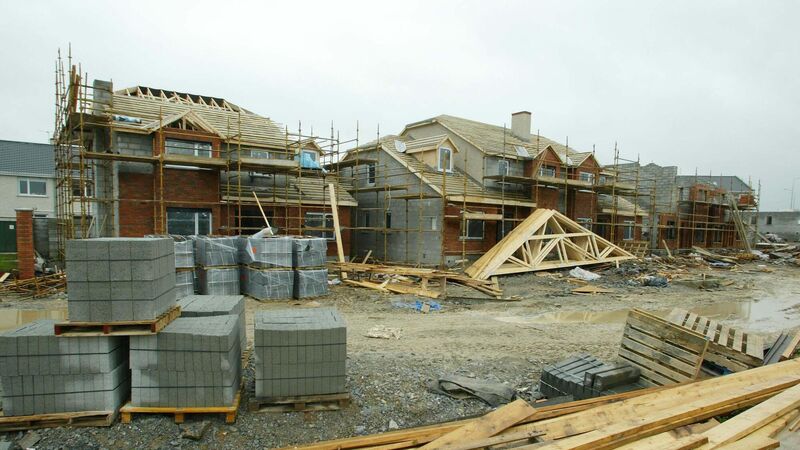Conor O’Connell: Munster construction can rebuild if the political will allows

The construction sector will continue to face challenges, but is optimistic of growth during 2021
As we leave 2020, we can only look forward to 2021 with optimism and hope.
Thankfully, the construction sector did not suffer the same degree - or length - of shutdown that other sectors of the economy suffered in 2020, but there was considerable disruption to activity especially in the earlier stage of the Covid pandemic.










